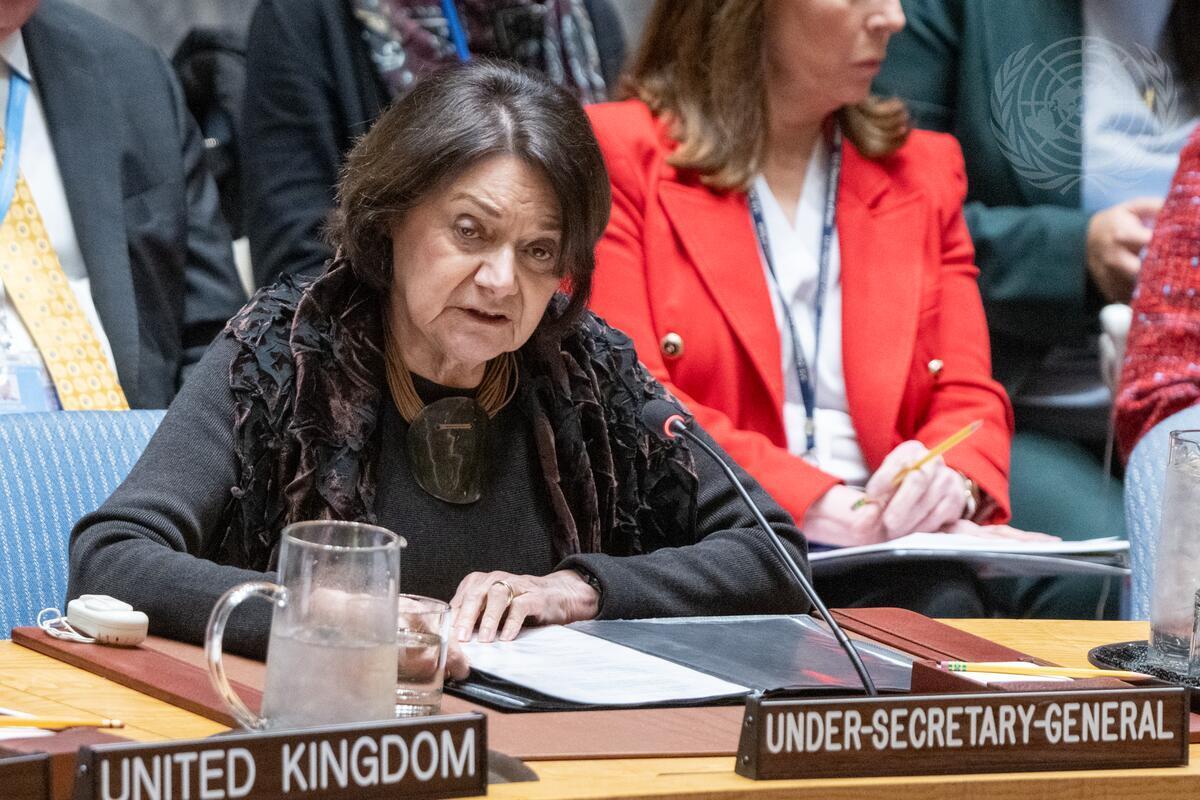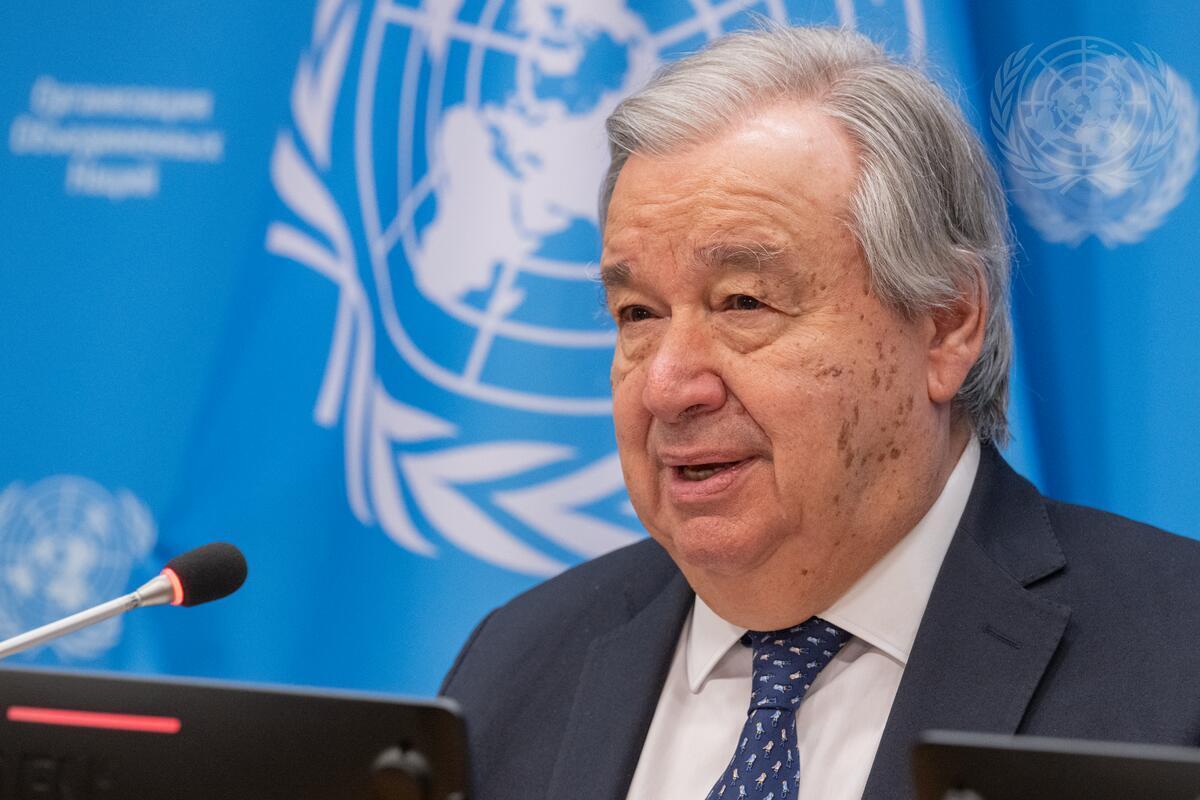In a newly published paper, the United Nations argues that the COVID-19 emergency underscores the inadequacy of the frameworks governing the economic and administrative relationships between Israel and Palestine. While welcoming Israeli-Palestinian cooperation to deal with the health crisis, the UN warns that, if current trends continue, the achievements of the Palestinian Government over the last quarter century will fade, the peace and security situation will worsen, and a hardened and more extremist politics on both sides will inevitably result.
The paper, issued by the office of the United Nations Special Coordinator for the Middle East Peace Process (UNSCO) for the upcoming bi-annual meeting of the Ad Hoc Liaison Committee (AHLC) on 2 June 2020, notes that any move by Israel to annex parts of the occupied West Bank or any Palestinian withdrawal from bilateral agreements would dramatically shift local dynamics and most likely trigger conflict and instability in the occupied West Bank and Gaza Strip.
United Nations Special Coordinator for the Middle East Peace Process, Nickolay Mladenov, stated “All sides must do their part in the coming weeks and months in order to preserve the prospect of a negotiated two-state resolution to the conflict, in line with relevant UN resolutions, international law and bilateral agreements”.
Moreover, the paper highlights the United Nations’ swift and thorough response to the COVID-19 in the Occupied Palestinian Territory (OPT), undertaken in support of the Palestinian efforts. The paper noted the relatively successful prevention efforts in the OPT, however, there remain considerable concerns regarding the ability of the Palestinian health sector to cope with a surge in cases, especially in Gaza.
The socioeconomic impact of COVID-19 on the Palestinian people is already immense. The Palestinian Authority needs increased financial and development assistance to address its public health needs, provide essential services, and respond to the socioeconomic impact of the pandemic. The Humanitarian Country Team has also identified significant funding needs for the emergency response, and the United Nations Country Team will soon announce its development system response plan. The paper urges the donor community to mobilize in response to this unprecedented emergency.
Note to Editors: The Ad Hoc Liaison Committee (AHLC) serves as the principal policy-level coordination mechanism for development assistance to the OPT. The AHLC is chaired by Norway and co-sponsored by the EU and the US. In addition, the United Nations participates together with the World Bank and the International Monetary Fund (IMF). The AHLC seeks to promote dialogue between donors, the Palestinian Authority and the Government of Israel.
Link to the full Paper:





